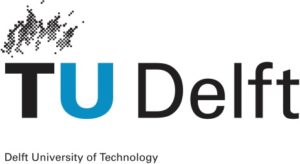|
Wireline SERDES Transceivers
July 13-17, 2020
On-Line Class, PST – California Time Zone
|
|
Introduction to Wireline Transceivers
Pavan Hanumolu, University of Illinois, USA
An introduction to the applications, specifications and architectures of today’s high-speed wireline transceivers. An overview of application requirements and trends, along with channel impairments, clocking specifications, and modulation formats will be reviewed.
|
|
Transmitters
Pavan Hanumolu, University of Illinois, USA
Transmitter circuit design for high-speed electrical links, including termination, current- and voltage-mode drivers will be presented. Practical techniques for biasing, ac-coupling, and termination will be discussed.
|
|
FIR Equalizers
Pavan Hanumolu, University of Illinois, USA
Finite impulse response (FIR) equalization circuits will be studied. Circuits implementing them at both transmitter (both CM and VM) and receiver will be described
|
|
Receivers
Pavan Hanumolu, University of Illinois, USA
Receiver termination, amplification, and equalization circuits will be studied, including linear and decision-feedback equalization. Equalization in continuous- and discrete-time, using FIR and IIR filters, and speculative (look-ahead) techniques will be covered. Adaptation of equalizer parameters using LMS and zero-forcing criteria will be presented.
|
|
Phase-Locked Loops
Pavan Hanumolu, University of Illinois, USA
Clock generation techniques for wireline transceivers using phase locked loops (PLLs) will be presented. Starting with the description of fundamentals of type – I and type – II PLLs, we discuss the circuit implementation details of analog, digital, and hybrid PLL architectures. Advanced PLLs using injection locking will be presented.
|
|
Clock and Data Recovery
Pavan Hanumolu, University of Illinois, USA
Clock and data recovery (CDR) is a key function in all serial link applications. This tutorial elucidates the design challenges and trade-offs involved in the design of CDRs. The jitter performance metrics such as jitter generation, jitter transfer, and jitter tolerance are related to digital CDR parameters and design guidelines will be provided. Circuit implementation details will be presented.
|
|
Advanced Signaling Methods
Armin Tajalli, University of Utah, USA
Moving toward data rates beyond 56 Gb/s, channel equalization becomes very challenging. To keep the energy consumption of serial data transceivers within the expected budget, industry is looking for more advanced signaling methods that use more efficiently the available frequency spectrum. This lecture introduces some advanced signaling methods such as Multi-Tone signaling, Repetition codes, and Chordal codes, that can be used to implement very low-power and high-speed links.
|
|
Short Reach Transceiver Design Tradeoffs
Armin Tajalli, University of Utah, USA
Multi-chip module (MCM) technology has become very attractive for implementing high performance SoC systems. To reduce time to market, improve yield, and reduce product cost, today industry is moving more and more toward using MCM technology. In this type of systems, in which several dies are placed on the same substrate, high-speed and low-power serial communication between dies is critically important. Due to stringent energy budget, these systems employ many advance clocking and equalization techniques to keep the consumption low. This lecture presents the main tradeoffs in design of short reach serial data transceivers, which are widely used in modern SoC and MCM systems.
|
|
Tradeoffs in Design of Slicers
Armin Tajalli, University of Utah, USA
Slicers are considered to be the heart of each serial data receiver. A slicer is used to decide what is the data carried out by over the link. Precision, noise, and speed of operation of slicers are critically important. Reviewing some common circuit topologies, this lecture introduces few advanced techniques to implement very high-speed and low-noise slicer circuits.
|
|
Discrete-Time Front-End Design
Armin Tajalli, University of Utah, USA
Design of high-speed front-end circuits, especially for receivers, is becoming more and more challenging. The need for more complex equalization schemes highlights the importance of designing very high-speed continuous-time and discrete-time circuits. The main focus of this lecture will be on circuit topologies that modern receivers use to extend their bandwidth and functionality. The lecture will start with a short introduction on a novel design algorithm to maximize the speed and energy-efficiency of analog circuits, followed by introducing several new circuit topologies for implementing DFEs.
|
|
Baud-Rate CDRs
Pavan Hanumolu, University of Illinois, USA
Baud-rate CDR architectures using various timing functions will be described. Circuit implementation details will be presented.
|
|
Introduction to PAM4 signaling
Pavan Hanumolu, University of Illinois, USA
PAM4 signaling format will be introduced and the design challenges associated with both transmitter, receivers and equalizers will be presented.
|
|
Trans-Impedance Amplifiers
Pavan Hanumolu, University of Illinois, USA
Transimpedance amplifiers (TIA) used in high-speed optical links will be described. Fundamental noise versus bandwidth tradeoffs will be presented and techniques to overcome them will be provided.
|
|
Optical Transmitters
Sam Palermo, Texas A&M University, USA
This talk covers circuit design techniques relevant to high-speed optical transmitters used in datacenters and supercomputers. Transmitter circuits for different optical sources, including laser drivers for edge-emitting and vertical-cavity surface emitting lasers and external modulator drivers for Mach-Zehnder, electroabsorption, and ring resonator modulators are presented.
|
|
Design of ADC-Based Serial Links
Sam Palermo, Texas A&M University, USA
This talk provides an overview of key concepts in ADC-based serial links that support operation over high-loss channels. Topics covered include high-speed ADC topologies, digital equalizers, benefits of partial analog equalization, modeling approaches, and calibration techniques.
|
 |


